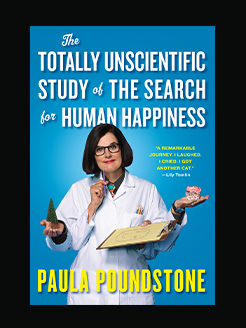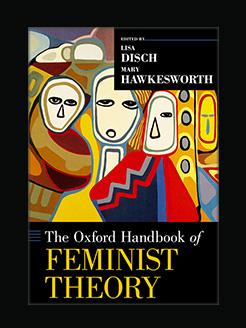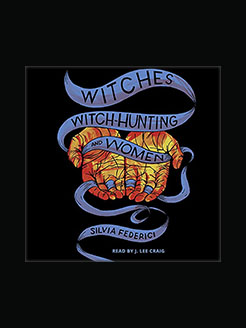Published in 2009
208 pages
Danzy Senna is an American novelist, born and raised in Boston, Massachusetts in 1970. Her parents, Carl Senna, an Afro-Mexican poet and author, and Fanny Howe, who is Irish-American writer, were also civil rights activists. She attended Stanford University and received an MFA from the University of California at Irvine. There, she received several creative writing awards.
Her debut novel, Caucasia (later republished as From Caucasia With Love), was well received and won several awards including the Book-Of-The-Month Stephen Crane Award for First Fiction, and the Alex Award from the American Library Association. Her second novel, Symptomatic, was also well received. Both books feature a biracial protagonist and offer a unique view on life from their perspective. Senna has also contributed to anthologies such as Gumbo. In 2002, Senna received the Whiting Writers Award and in 2004 was named a Fellow for the New York Public Library’s Cullman Center for Scholars and Writers.
Danzy Senna is married to fellow writer Percival Everett and they have a son, Henry together. Their residences have included Los Angeles and New York City.
What is this book about?
When Danzy Senna’s parents got married in 1968, they seemed poised to defy history. They were two brilliant young American writers from wildly divergent backgrounds—a white woman with a blue-blood Bostonian lineage and a black man, the son of a struggling single mother and an unknown father. They married in a year that seemed to separate the past from the present; together, these two would snub the histories that divided them and embrace a radical future. When their marriage disintegrated eight years later, it was, as one friend put it, “the ugliest divorce in Boston’s history”—a violent, traumatic war that felt all the more heartrending given the hopeful symbolism of their union.
Decades later, Senna looks back not only at her parents’ divorce but beyond it, to the opposing American histories that her parents had tried so hard to overcome. On her mother’s side of the family, she finds—in carefully preserved documents—the chronicle of a white America both illustrious and shameful. On her father’s she discovers, through fragments and shreds of evidence, a no less remarkable history. As she digs deeper into this unwritten half of the story, she reconstructs a long-buried family mystery that illuminates her own childhood. In the process, she begins to understand her difficult father, the power, and failure of her parents’ union, and, finally, the forces of history.
Where Did You Sleep Last Night? is at once a potent statement of personal identity, a challenging look at the murky waters of American ancestry, and an exploration of narratives—the narratives we create and those we forget. Senna has given us an unforgettable testimony to the paradoxes—the pain and the pride—embedded in history, family, and race.







